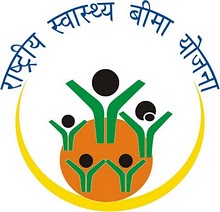From
To,
Sir / Madam,
- Sub: Officers who were due to get heir annual increment between February to June during 2006 – Grant of additional increment as one time measure- Request for sanction and drawal of arrears – Reg.
———
Kind reference is invited to the Ministry of Finance, Department of Expenditure O.M.No.10/02/2011- E.III/A dated 19th March, 2012 wherein all the central government employees who were due to get their annual increment between February to June during 2006 were granted one increment on 1.1.2006 in the pre-revised pay scale as a one time measure and there after next increment in therevised pay structure on 1.7.2006 as per Rule 10 of CCS(RP) Rules, 2008 (Copy enclosed for ready reference).
I wish to submit that my increment in pre revised pay scale was on __________ and hence, in terms of the above Office Memorandum, I am eligible for one additional increment in pre-revised pay scale as a one time measure and also eligible for next increment in the revised pay structure on 1.7.2006 as per Rule 10 of CCS(RP) Rules, 2008.
In view of above submission, I request that one additional increment may kindly be granted and my pay may please be fixed as stipulated in above O.M. and that the arrears of pay and allowance may kindly be drawn and paid to me at an early date.
Thanking you ,
Yours Faithfully,
